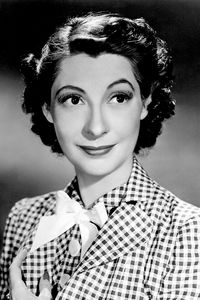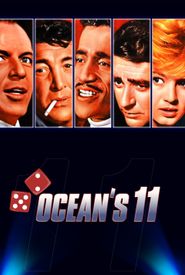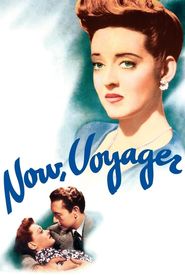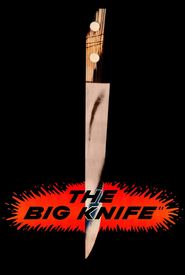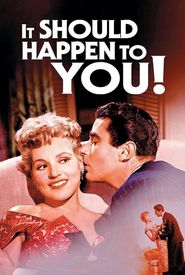Ilka Chase was the daughter of Edna Woolman Chase, the editor-in-chief of Vogue for 40 years, and was named after a Hungarian friend of her mother. She spent her childhood in France, where she received her education, before moving to New York to pursue a career in acting.
Ilka Chase began her acting career on the stage, performing in stock theater with Rube Miller in New York. Her first appearance on Broadway was in the play "The Red Falcon" in 1924, where she played the role of a maid. She went on to co-star in several other plays, including the mystery "Shall we Join the Ladies?" alongside Leslie Howard in 1925.
Chase established herself as a leading lady of the stage, starring in a number of prestigious plays throughout the 1930s. These included "The Animal Kingdom" by Philip Barry, "Forsaking all Others" by Thomas Mitchell, "Days Without End" by Eugene O'Neill, and "The Women" by Clare Boothe Luce.
In addition to her stage work, Chase also appeared in a number of films, including "Now, Voyager" in 1942, "The Big Knife" in 1955, and "Ocean's Eleven" in 1960. Her portrayal of a newspaper columnist in "The Big Knife" was particularly well-received, and she was praised for her "cool" performance in "Ocean's Eleven".
Ilka Chase was known for her sharp wit and acerbic tongue, which she used to great effect in her autobiography "Past Imperfect", published in 1942. The book was a bestseller and brought her nationwide fame, but it also led to her being criticized by some of her contemporaries. Chase was also a strong advocate for wildlife preservation and protection, and was involved in a number of charitable organizations.
Throughout her life, Chase was known for her intelligence, her wit, and her strong personality. She was a true original, and her contributions to the world of theater, film, and literature continue to be celebrated to this day.
